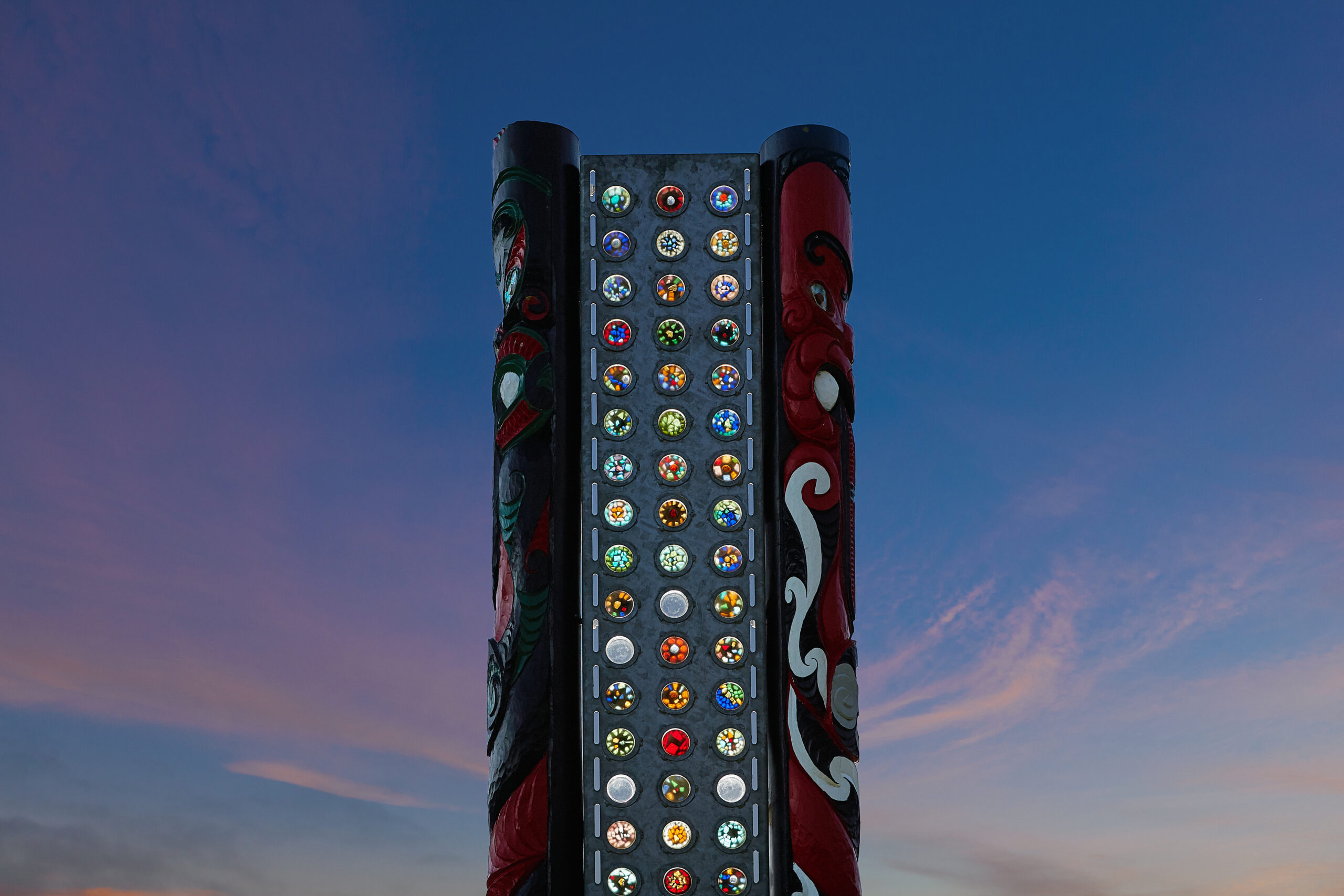A 2022 Vision for Change


Creative Waikato, CEO
Change and interruption has been a defining feature of the past two years. There are things that we have grown used to, and there are things that we have grown tired of. But one thing holds true is the importance of arts, culture and creativity in all our lives. While this time has been challenging, it has also encouraged strategic discussions around system change in our sector. We have seen increased funding, new opportunities, and an emerging understanding of how we can create a stronger future together.
Looking at the immediate future, Omicron has already created unique challenges for the arts, culture, and creative sector. The frameworks that are in place now to protect public health and address broader concerns, unfortunately also have a significant impact for live arts and culture events which are dependent on drawing in-person audiences, such as the performing arts and music.
There are ongoing implications for events, both due to audience caps, but also lasting hesitancy from audiences to attend events which require sharing enclosed spaces. This also has implications for rehearsals, classes, workshops and more. The scope of how long this might last is hard to determine, and there may be a need for the sector to explore smaller scale local experiences where the larger creative spectacles are unable to occur at present.
Creative Waikato is a part of a group of regional arts organisations who have been advocating on behalf of the sector, and working with the Government to address the ongoing impacts of COVID and the move to red. This has seen additional support for events (through the extension of the Arts and Culture Event Support Scheme), and additional targeted financial support for creative businesses, and most vitally for independent creative practitioners who are a core part of our community of practice.
This is a great result for the sector, and it is encouraging to see the Ministry respond so quickly to provide this support. This is a great response to ongoing advocacy, and now we have an opportunity to continue to re-think the system and address issues like sustainable funding, accessibility and look towards the development of a long-term strategy for the arts, culture and creative sector. This is something we’ve been advocating for and it continues to be an important part of ensuring future sustainability in the coming years.
It is important for the Government to work with the arts community to develop an engaging and transformative future vision for the sector. This should address the need for arts, culture and creativity to be accessible for all New Zealanders. This strategic vision would need to address the short and medium-term impacts of the pandemic while also ensuring we are proactively working towards long-term vision that addresses the need for system change with a vision for sustainability, accessibility and wellbeing. An inspirational vision that enables innovative changes to the way we work and thrive in the creative ecosystem.
We want to encourage our sector to collectively celebrate the value that arts, culture and creativity bring to our communities. Beyond thinking about the outputs of creative practice, this is a celebration of the process and the profound impact this would have on the sector (in areas of sustainability, investment, support, visibility), but also has impacts in the wider community (increased mental health issues, lack of identity, lack of connection). There is a need to utilise creative activity to encourage meaningful arts experiences, to increase cultural literacy, and to celebrate creativity as a tool for resilience. We want to enable the rippling benefits of arts activation to flow through communities supporting social cohesion, wellbeing benefits and a sense of place.
There is an opportunity here to explore alternative models of support, through concepts like Guaranteed Income programmes. International initiatives, like this and this, have been recently implemented to address how artists can survive until the sector opens up again; and also how the sector can retain the artists and the wider creative, technical, production and support workforce, with their skills and talent, throughout this time so that there are still arts, culture and creative activities available in the future.
Creative Waikato will be continuing to engage with all the practitioners in the creative sector throughout the coming weeks and months to support our ongoing engagement with local and national government. This will be through projects looking at economic impacts, wellbeing impacts, and the continued building of capability. We will be looking for your participation in initiatives like the upcoming State of the Arts survey and future evaluation to ensure we have quality data to support this mahi. We appreciate your time and energy with this.
We know that people are tired, and the changes and uncertainty extend beyond our sector into all facets of society, including sports, hospitality, and tourism. But it is important for us all to remember to proceed with care and kindness, to create moments of time for play, and to celebrate our creative wins and moments of wonder.
We know that arts, culture and creative practice have positive impacts on individuals and the communities they are part of, particularly in times of uncertainty. They help us to make sense of the world. They are powerful levers for positive social change. They show us that we make the world rather than simply inherit it.
Arts, culture and creativity are concerned with questions of what things could be. Artists are the storytellers. They are the memory-makers. The translators. The people who can serve our communities through sharing ideas, concepts, and history. They ask questions, provide possibilities, help us to establish our connections to space and place, and can provide pathways to reimagine our future. It is for this reason that it is vital we continue to do the mahi that we do, to share the voices of our sector, and to work to ensure that the creative ecosystem can thrive into the future beyond our current situation.